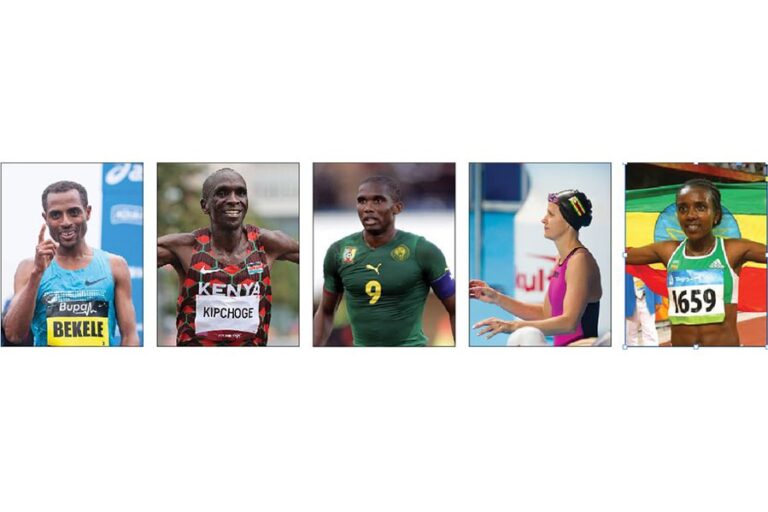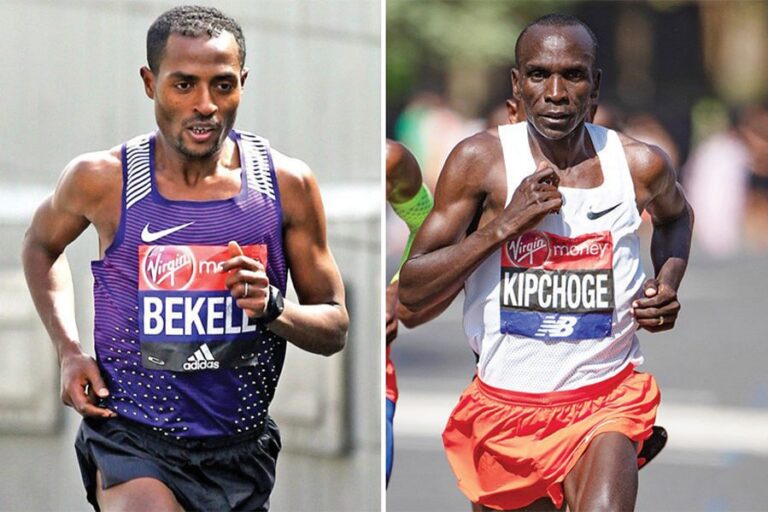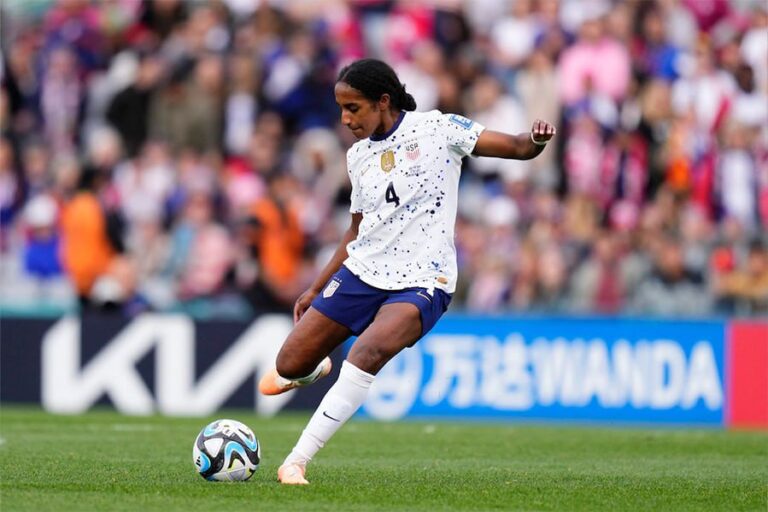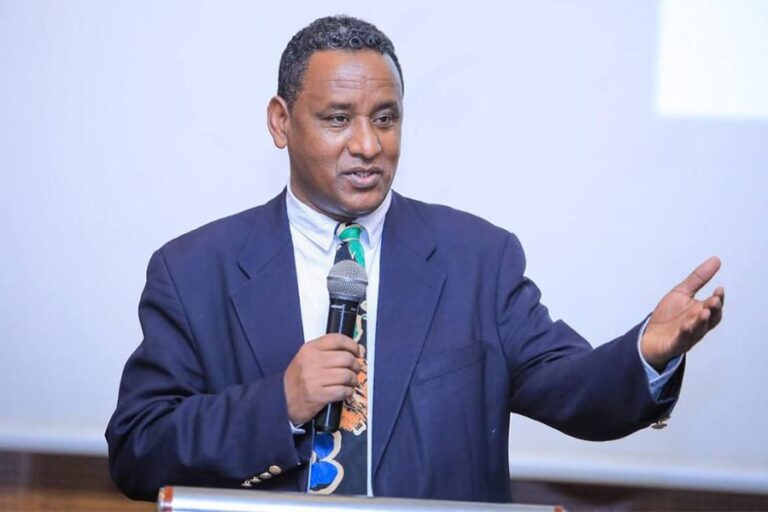1. Kenenisa Bekele Long-distance Running
Key accomplishments: 3X Olympic Gold Medallist, 5X World Championship Gold Medallist, 11X World Cross Country Championship Gold Medallist, 2X Berlin Marathon Winner
Ethiopia’s Bekele dominated the 5,000 and 10,000-metre track races throughout the 2000s and held the world record in both distances until 2020. He set his 5,000-metre world record in 2004 and the 10,000-metre record the following year. In recent years, he has transitioned to the marathon and been one of the best at that distance too, winning the Berlin Marathon in 2016 and 2019, making him arguably the most versatile long-distance runner ever. He was named in Ethiopia’s marathon squad for the Paris 2024 Olympics.
Kenenisa Bekele, one of the most decorated athletes across various long distances, will be a strong hope for a gold medal for Ethiopia at the Paris Olympics.
2. Eliud Kipchoge Long-distance Running
Key accomplishments: 11 world major marathon titles, 2 Olympic gold medals
Kipchoge is one of the most dominant distance runners of the 21st century, having won 11 major marathon titles and two Olympic golds in the marathon (2016 and 2020/1). His consistency at the top of his sport sets him apart from his peers. He started his career as a 5000m runner, winning a World Championship gold in 2003, and two Olympic medals before switching to marathons. He’s the only man to win the Berlin Marathon five times, and has held the world record for marathons five times. As it stands, he holds the second-fastest time at 2:01:09 behind the late Kelvin Kiptum, who broke his record at last year’s Chicago Marathon. Kipchoge has covered the distance of a marathon in 1:59:40, but that was not in an official race.
3. Samuel Eto’o, Soccer
Key accomplishments: 4X UEFA Champions League winner, 2000 Olympic Gold Medallist, 4X African Men’s Player of the Year
Eto’o may be controversial for his post-playing legacy as president of the Cameroonian Football Federation, but his exploits on the pitch were beyond reproach. One of the most feared strikers in the world in his prime at Barcelona and Internazionale, he conquered Europe twice alongside Lionel Messi for Barça only to come back to haunt them in his first season with Inter and win the Champions League a fourth time, counting the one he won as a youngster at Real Madrid. He defied the stereotype of African athletes as being useful for their physique only. Eto’o’s intelligence ensured he adapted his game in his 30s even as he lost some of his lightning pace and he left a respectable legacy at another top club, Chelsea, long past the peak of his powers.
Samuel Eto’o won the UEFA Champions League three times with Barcelona, and also won a rare African Olympic football medal when Cameroon claimed the title in 2000.
4. Kirsty Coventry Swimming
Key accomplishments: 2X Olympic Gold Medallist, 4X Olympic Silver Medallist, 1X Olympic Bronze Medallist
Now a politician in her home country of Zimbabwe, Coventry is Africa’s most decorated Olympian, male or female, with seven medals across five Games. Coventry made her Olympic debut at the 2000 games while still in high school, and went on to compete until the 2016 Games in Rio. She won all but one of her country’s Olympic medals to date, and is equal with the USA’s Katie Ledecky for the most individual swimming medals by a woman (7). Athens 2004 was the highlight of her career as she won three medals, including gold in the 200m backstroke, and brought momentary joy to a country which was in a politically difficult position under then-president Robert Mugabe a year after the US Imposed Sanctions over alleged rigging of elections.
5. Tirunesh Dibaba Long-distance Running
Key accomplishments: 3X Olympic Gold Medals, 5X Athletics World Championship Gold Medals, 5X World Cross Country Championship Gold Medals
Arguably the greatest female distance runner of all-time, the Ethiopian has dominated the 5,000m and 10,000m races for much of the millennium and also won gold at the 2017 Chicago Marathon. Dibaba had a rivalry with compatriot Meseret Defar in the 3,000 and 5,000 metre races, particularly in the mid-2000s. Ultimately, Dibaba proved to be the more versatile athlete, as evidenced by her success in the marathon.






